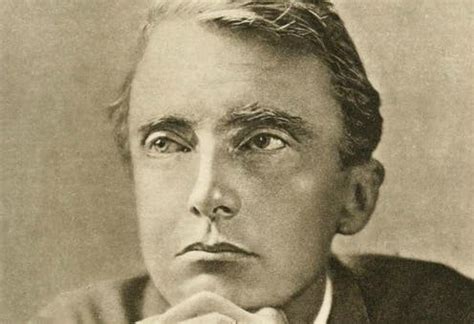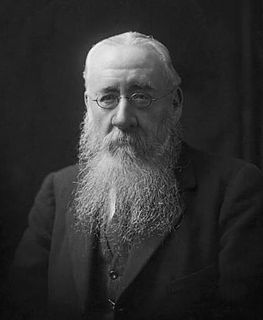A Quote by Gerald Durrell
I can't be expected to produce deathless prose in an atmosphere of gloom and eucalyptus.
Related Quotes
Poetry is the most direct and simple means of expressing oneself in words: the most primitive nations have poetry, but only quitewell developed civilizations can produce good prose. So don't think of poetry as a perverse and unnatural way of distorting ordinary prose statements: prose is a much less natural way of speaking than poetry is. If you listen to small children, and to the amount of chanting and singsong in their speech, you'll see what I mean.
Poetry has an indirect way of hinting at things. Poetry is feminine. Prose is masculine. Prose, the very structure of it, is logical; poetry is basically illogical. Prose has to be clear-cut; poetry has to be vague - that's its beauty, its quality. Prose simply says what it says; poetry says many things. Prose is needed in the day-to-day world, in the marketplace. But whenever something of the heart has to be said, prose is always found inadequate - one has to fall back to poetry.
The advent of the internet has made so many things possible. Self- published recreational journalism has always been around; but back when you had to at least learn to run a mimeograph, and you had to pay postage to distribute your deathless prose, people who didn't actually have much to say for themselves found other hobbies






































